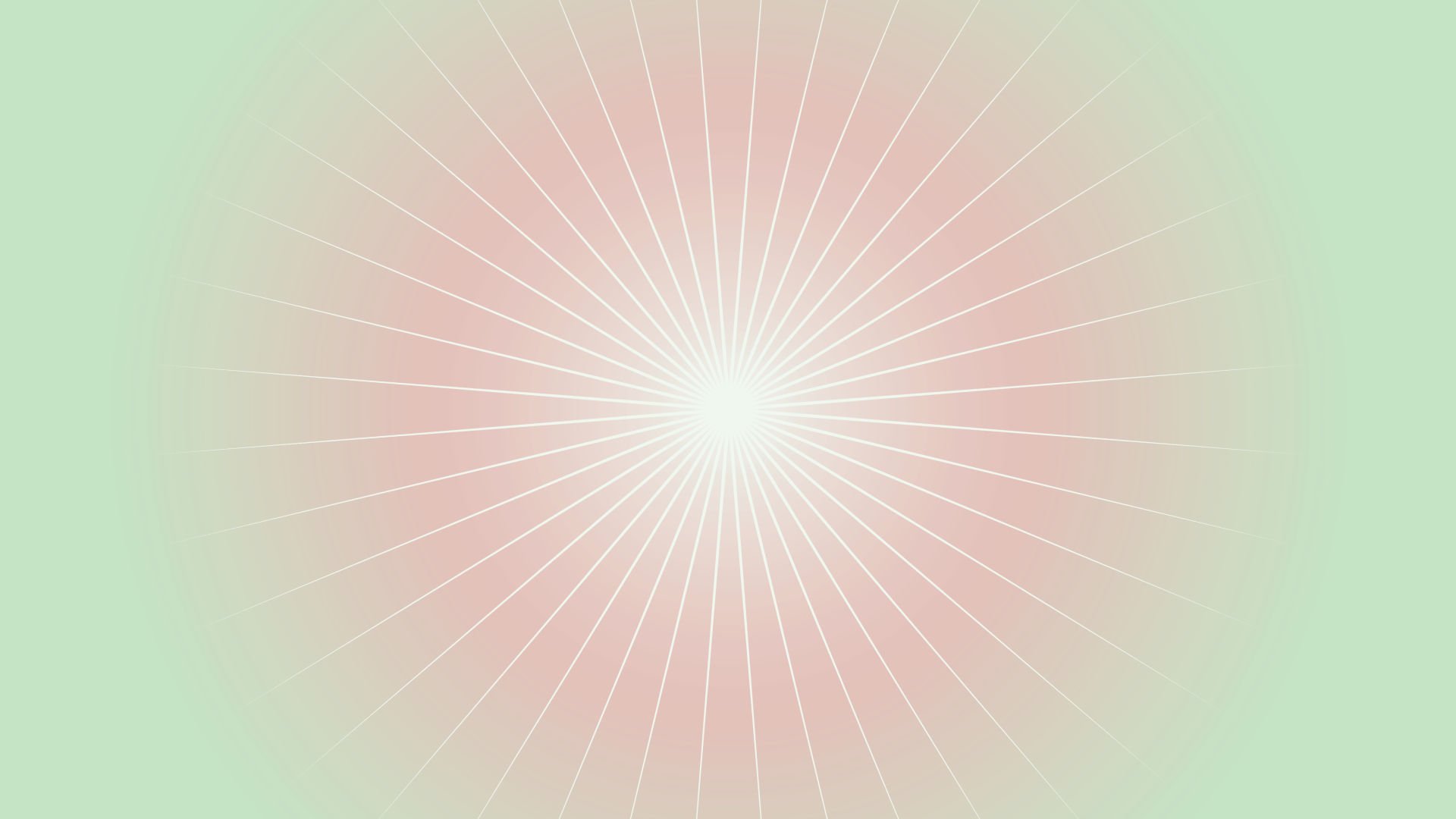From the legends of the Fountain of Youth, to the beauty consultants at Estée Lauder, to online skincare influencers who would sooner die than wash their faces with a Saint Ives scrub, humanity’s fascination with the promise of immortality and youth is one that has provided perennial sustenance to creative and cosmetic industries alike.
It seems that marketing has found its own fountain of youth, an industry that will never know obsolescence and a trend that, so long as humans continue to age, will never die.
But there is one notable phenomenon in recent years that allowed this empire to successfully multiply in size: anti-aging for the young. This new territory was once untouched simply because, in order to feign youth, you must first experience its absence. To use anti-aging products, you must first actually begin aging.
Skincare reached new heights in the digital age where marketing had the power to reach audiences as young as twelve. Language changed from ‘rejuvenation’ and ‘reversing’, to a focus on ‘prevention'. What better way to reduce the appearance of aging than to stop it before it’s even started? Why is it that we struggle so much with the concept of aging? Could it be that the more resources we have to stop this process from eventuating, the more we are lulled into a false sense of control? Our fight against the ravages of time is a futile battle that we knowingly enter into, yet, we continue to resist because it makes us feel like we have sway over what happens to us.
Self-care is an industry that developed a cult following in 2020. According to Google Trends and market research, there was a 250% increase in searches for ‘self-care’ between 2019 and 2020, as well as an increase in the purchase of face and foot care products, including sheet masks and foot masks.
If we couldn’t protect ourselves from a pandemic, at least we could protect ourselves from wrinkles, enlarged pores, and calloused feet. When we lose control over one thing, we cling tightly to the things that we feel we can control.
I remember the first time Khloe Kardashian told the press she never left the house without first putting sunscreen on the tops of her hands. What I once saw as practical appendages that enabled me to do most things in life with ease, suddenly became tell-tale signs of an early decrepitude. We are now living in a world where hyaluronic acid is a household name and vitamin C serums are at the top of our Christmas wish lists.
Regardless of how frivolous it may seem to douse your hair in coconut oil, crack an egg on your face, and leave your feet soaking in a bucket of bicarb soda for five hours, these were the small things that kept many of us sane.
In order to protect themselves from the black plague, households in the 1300s adopted home remedies that can only be described as dangerously misguided. ‘Remedies,’ including urine cocktails, human excrement, decade-old treacle, leeches and self-flagellation, however outlandish, created the illusion of control. However quaint these curative concoctions may appear to our modern sensibilities, their ultimate goal of control in times of chaos still resonates today. Even when it feels like there’s nothing left to do, there’s always human poo... or some Epson salts.
However, having dabbled in some of the less than scientific approaches to home remedies and DIY skin care myself, I should warn you that ‘all natural’ doesn’t necessarily mean it’s better... or even safe.
I will never hate myself more than when my sister and I, in a frenzy of lockdown-induced madness, decided to smear cinnamon all over our faces under the instruction of a beauty page promising a 90% reduction in the appearance of pores. Our faces soon boiled over in a combination of embarrassment and a very real burning reaction from having smeared spice on our skin like it was moisturiser.
Before 2020, self-care was about taking time to focus on myself; maybe even trying to use a loofah and some coconut oil once a year to scrub away the evidence of spending 364 days of sunbathing, drinking alcohol and caking my face with makeup. Lockdowns during the pandemic changed the meaning and motivation behind self-care to be so much more than beauty tips; it was about giving ourselves something to do when the only measure of control that we had was to stay inside.
The cult of self-care in 2020 told us that we could be selfish with our time. We could have a bath, read a book, take some time to meditate and then lather ourselves in cream until we smelt like a dessert. Just because we can. An abundance of time and a scarcity of answers showed us new ways to take care of ourselves in a time of uncertainty. That inherently human desire to be the arbiters of our own destinies manifests in different ways whether we are smearing human excrement on ourselves, spending our savings on magical anti-aging serums or taking refuge in the certainty that a manicure and a pore strip will leave you looking better than you did before.
Whether the popularity of self-care practices was the result of a need to manage our uncertainty during a pandemic or simply the escalation of what was already a thriving industry, we will never know. The only thing we really have control over is the way we choose to cope with the knowledge that we have no control.


 -
-